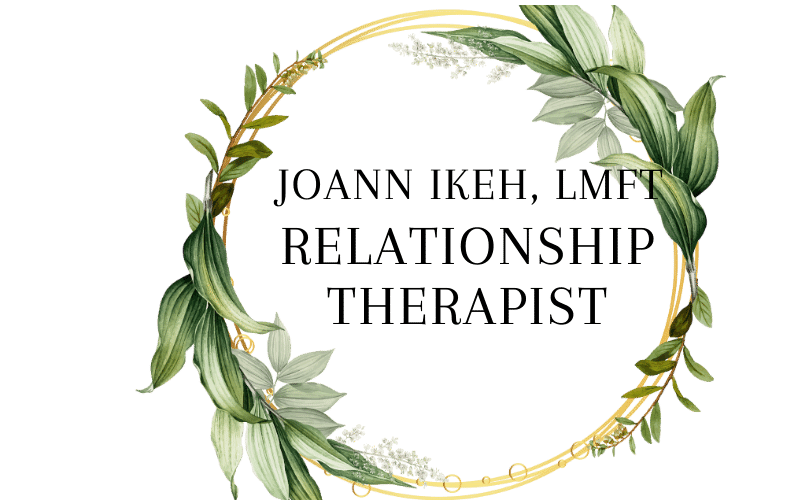How to Recover from Infidelity and Rebuild Trust in Your Relationship
Infidelity is one of the most painful experiences a couple can face. The betrayal, broken trust, and emotional turmoil can feel overwhelming. But recovery is possible. With commitment, time, and support—especially from a licensed relationship therapist—couples can begin to heal and rebuild stronger, more connected relationships.
If you're wondering whether it's possible to move forward after an affair, you're not alone. As a relationship therapist specializing in couples therapy, I’ve seen many couples navigate this path with honesty, courage, and compassion.
The Impact of Infidelity
Infidelity doesn’t just shatter trust—it often shakes the very foundation of the relationship. Common emotional responses include:
Shock and disbelief
Anger and resentment
Guilt or shame
Anxiety and hypervigilance
Depression or hopelessness
These feelings are normal. Healing from infidelity is not about rushing past the pain, but learning how to process it in a healthy, supportive environment.
Can a Relationship Survive Infidelity?
Yes, many relationships not only survive but grow stronger after infidelity. The key is a mutual willingness to do the emotional work required. Recovery is not about “going back to how things were,” but creating something new—more honest, open, and connected.
7 Steps to Rebuild Trust After Infidelity
1. Complete Transparency
The partner who broke the trust must be willing to answer difficult questions honestly. Transparency about what happened—and why—is essential for healing.
2. Open Communication
Both partners need space to express their feelings. Working with a couples therapist can help guide these conversations so they’re productive, not destructive.
3. Understanding the Root Causes
Infidelity is often a symptom of deeper relational or personal issues. A skilled therapist can help you uncover the unmet needs, disconnection, or unspoken resentments that may have contributed to the affair.
4. Set Clear Boundaries
Rebuilding trust requires clarity around boundaries—emotional, physical, and digital. This includes social media, phone usage, and how you both engage with others outside the relationship.
5. Make Time for Reconnection
Healing involves rebuilding emotional intimacy. Prioritize quality time together, shared rituals, and moments of vulnerability. Reconnection is a process, not a single event.
6. Practice Forgiveness (Over Time)
Forgiveness is a choice—but not an instant one. It comes after processing pain, rebuilding safety, and experiencing consistent change. Therapy can support both partners through this journey.
7. Seek Professional Support
Couples counseling offers a neutral space to work through intense emotions, learn new communication tools, and rebuild your relationship with expert guidance.
Why Therapy Helps After Infidelity
Infidelity often brings up unresolved wounds from childhood, past relationships, or patterns you didn’t even realize were there. A licensed couples therapist provides more than advice—they offer tools for deep emotional healing and long-term change.
If you’re in Florida, Virginia, or California, I offer online couples therapy to help you and your partner move from betrayal to breakthrough. Together, we can rebuild what was broken—with honesty, care, and intention.
You’re Not Alone—Healing Is Possible
Recovering from infidelity is never easy, but with the right support, it is possible. Whether you’re still deciding what to do next, or you’re ready to begin healing together, therapy can provide the structure and guidance you need.
Ready to take the first step toward healing?
Schedule a free consultation or learn more at onlinecouplecounseling.com.



